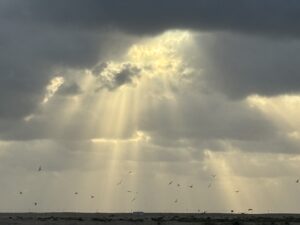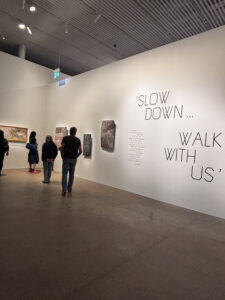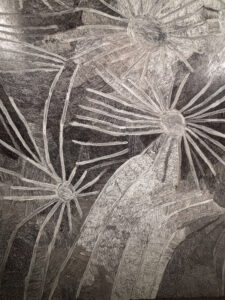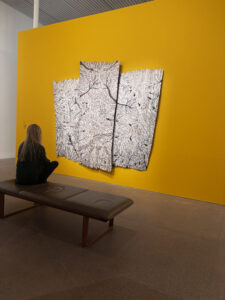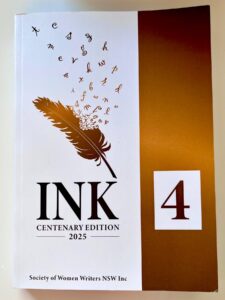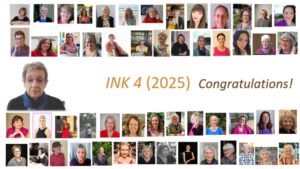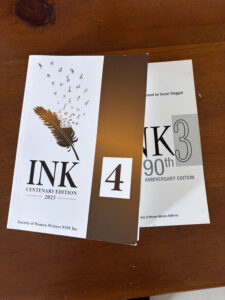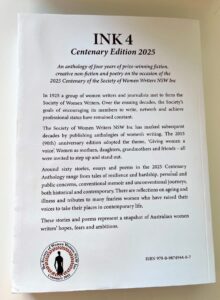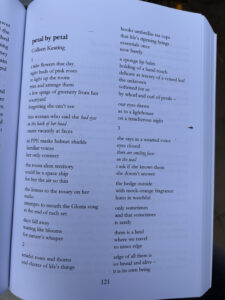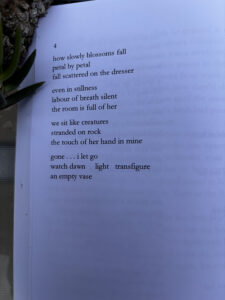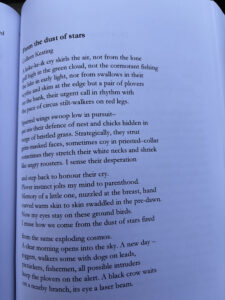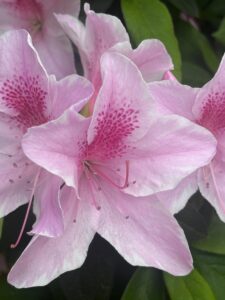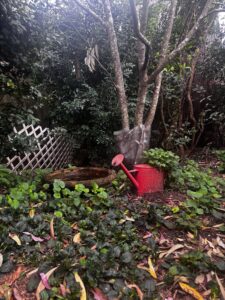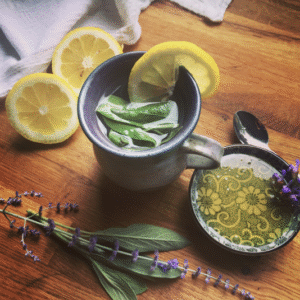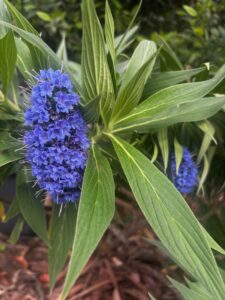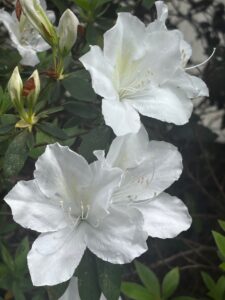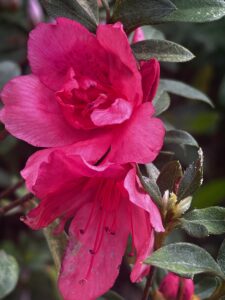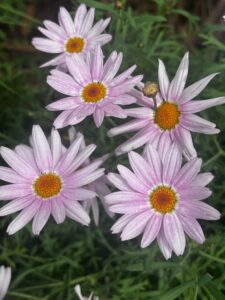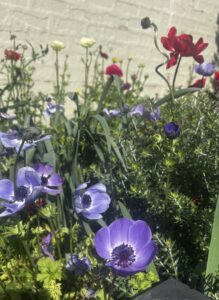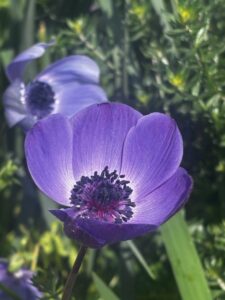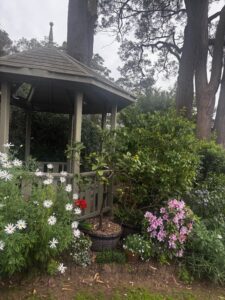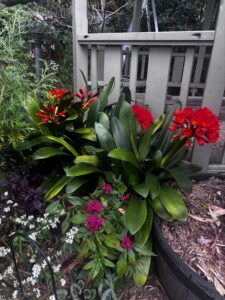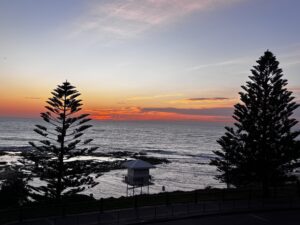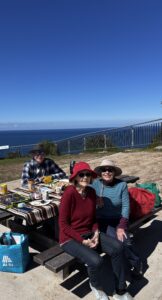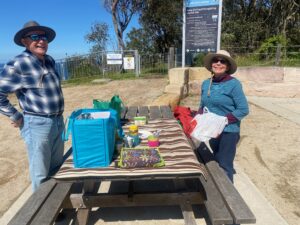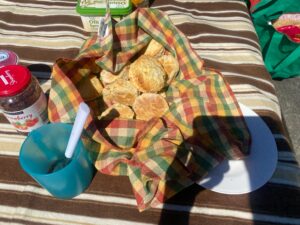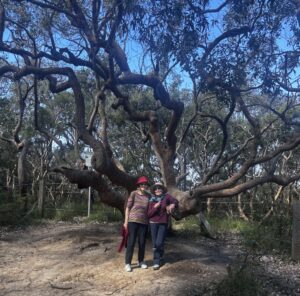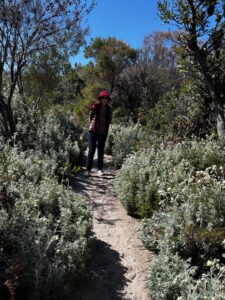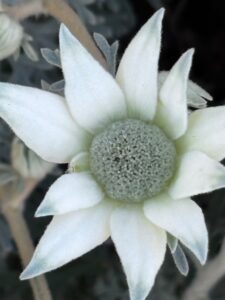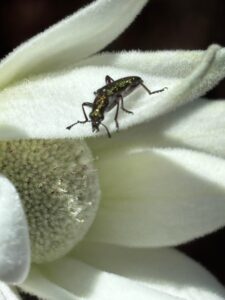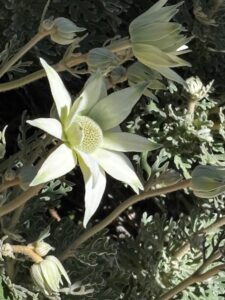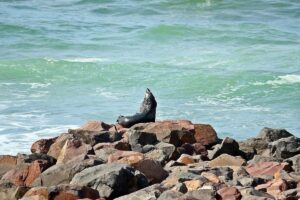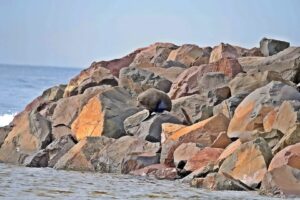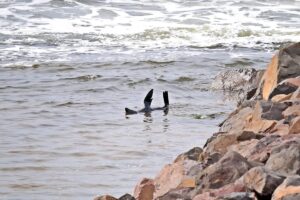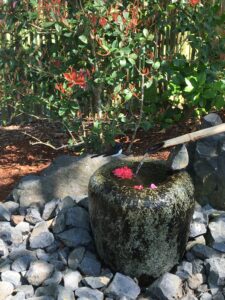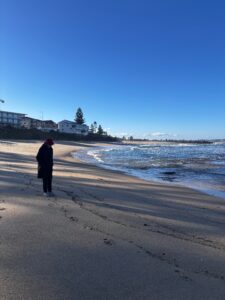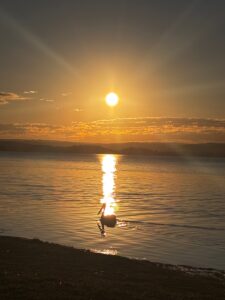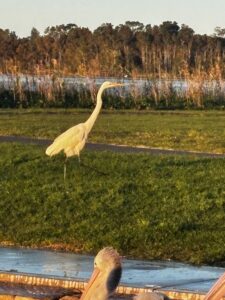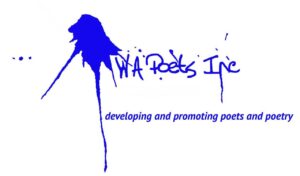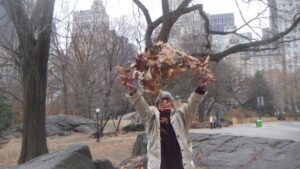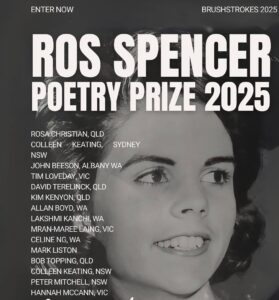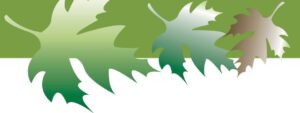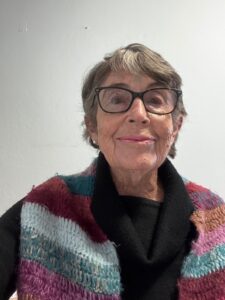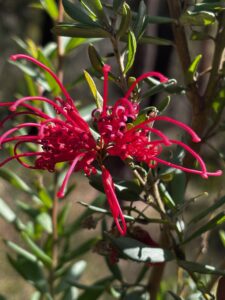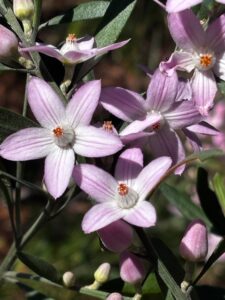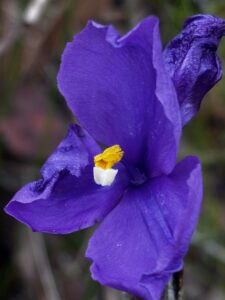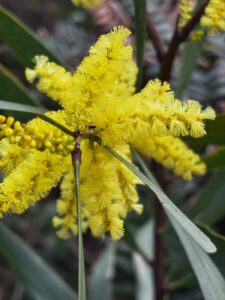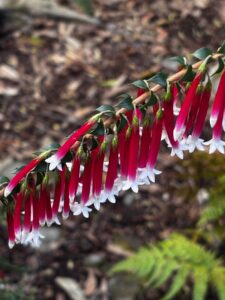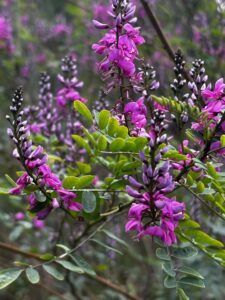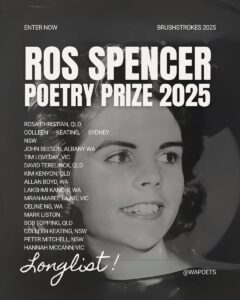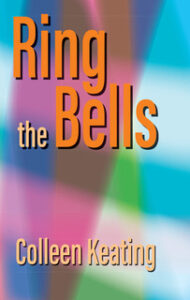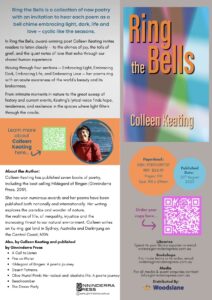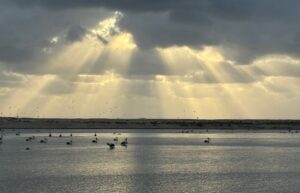
Resistence
In times like this
JOY is an act of resistance Loryn Brantz
Love, Faith, Education, Community are also acts of resistance.
“Have you ever noticed how certain words instantly make you feel lighter, happier or more inspired?
And then there are words that drag you down, leave you heavy or even sabotage your energy .
So here’s the thing . . . the words you speak (and even the ones you think) are shaping your reality every single day.” Sandy Forster
For many years we had a poster up on the kitchen wall, that we read often reminding ourselves and our children the maxim.
Keep your thoughts positive
because your thoughts become your words.
Keep your words positive
because your words become your actions .
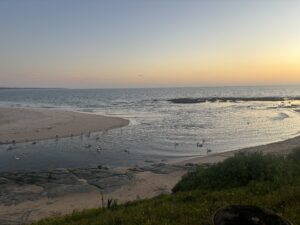
Now today with so much negative actions bombarding our screens and social media
there is a further element needed and that is to positively RESIST .
In the blog Wildly Wealthy Women , Sandy Forster takes that further . She writes:
” Every word carries its own energitic signature.
Words like freedom , gratitude, joy and abundance feel expansive, light, and full of possibility.
When you soak your mind and energy field in words like these, you begin to broadcast to the Universe,
and most importantly to yourself, the kind of reality you want to create.
And here is the magic part . . . even a single word repeated intentionally, mindfully and repeated
with genuine feeling can shift your state in the moment . “
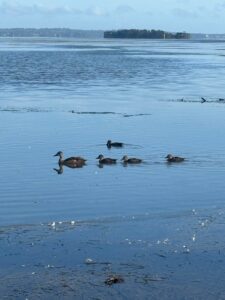
Exercise.
Pause
Close your eyes and say to yourself your chosen word .
Repeat it for about 17 seconds
Feel the word in your body .
Stay with it for a minute or so
Sense your vibration rising. .
Practice this often.
(Adapted from Essay by Sandy Foster.
www. WildWealthy.com)
Sandy very generously gives us the list created with brain storming on the alphabet,
No excuses there is a postive word for every day and every lettr of the alphabet..
Choose a few words from the list. make them your own and use the Exercise with them often.

A–Z Manifestation Mantras
High vibration words to shift your energy so you can magnetize your dreams
A – Abundance, Alignment, Attraction, Appreciation
B – Bliss, Brilliance, Balance, Boldness
C – Clarity, Confidence, Creativity, Courage
D – Delight, Divine, Destiny, Determination
E – Expansion, enlighten, Energy, Empowerment
F – Freedom, Flow, Faith, Fulfilment
G – Gratitude, Growth, Grace, Generosity
H – Happiness, Harmony, Healing, Hope
I – Inspiration, Intuition, Imagination, Infinite
J – Joy, Journey, Jubilation, Juicy
K – Kindness, Keen, Karma, Knowing,
L – Love, Light, Laughter, Limitless
M – Manifestation, Miracles, Magic, Momentum
N – Nurture, Now, Nourishment, Newness
O – Oneness, Opportunity, Overflow, Opulence
P – Prosperity, Peace, Power, Passion Pause
Q – Quantum, Quest, Quickening, Quality
R – Radiance, Riches, Resilience, Receptivity Rest
S – Success, Serenity, Sacred, Synchronicity
T – Transformation, Trust, Triumph, Thriving
U – Universe, Unlimited, Unity, Unstoppable
V – Vision, Vitality, Victory, Vibration
W – Wealth, Wonder, Worthiness, Wisdom
X – Xtraordinary, Xciting, Xuberant
Y – Yes, Youthful, Yearning, Yeilding
Z – Zest, Zeal,
Your word is your wand and you have the power to create magic in your life, one word at a time!
www.WildlyWealthy.com
